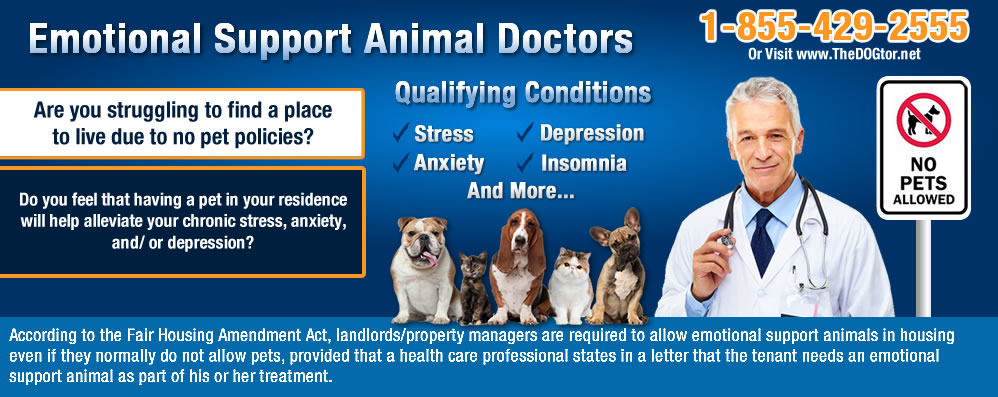Emotional support animals in Seattle
 Emotional support animals in Seattle are often associated with guide or service dogs frequently used by the blind. There are quite a range of scenarios in which an emotional support animal household may benefit from having access to this resource. Any type of animal can be considered an emotional support dog.
Emotional support animals in Seattle are often associated with guide or service dogs frequently used by the blind. There are quite a range of scenarios in which an emotional support animal household may benefit from having access to this resource. Any type of animal can be considered an emotional support dog.
What kind of animal can be an emotional support animal Seattle?
An emotional support animal is any type of animal that is used primarily for those with disabilities. Elderly people may also benefit from having an ESA in their homes. They can service therapeutic benefits such as an emotional support system or companion for someone. They can also benefit those who have been diagnosed with a mental illness. Some physicians can even prescribe Esa Seattle support for a person, which affords the owner with a variety of benefits. These pets are permitted in housing communities that prohibit pets. They are sometimes allowed to travel with their owners in the cabin with the right permissions in place.
How can an emotional support animal in Seattle benefit someone?
An esa seattle resource is not considered a pet. People with emotional or mental disabilities who have these animals can benefit from the emotional support these animals provide. According to research, individuals with arthritis, asthma or diabetes are more likely to suffer from conditions like depression. People who have emotional disabilities may benefit from psychiatric service dogs, which are often recommended for people with anxiety disorders or post-traumatic stress disorder. A person struggling with epileptic seizures may benefit from an ESA because of their ability to alert a person of when they are having a seizure.
Legal protections for people with ESA
A landlord cannot request information on the person’s illness and must rent out the apartment to one with service animals even if the facility does not permit animals on the premises. If an apartment happens to have a “no cat” policy, the complex must still rent the space to the person if their animal is a dog. If a person has a letter from a licensed mental health practitioner, the animal must be recognized as an ESA. Most airlines work to accommodate people with support animals with the right documentation. Some airlines have restrictions on the type of the animals allowed. Snakes, lizards and spiders are examples of animals that may not be permitted with some airlines.
Emotional support animals provide comfort, affection and support to the disabled, elderly and mentally ill. These animals are commonly used in retirement homes but are commonly owned by people who have mental and certain physical illnesses due to their therapeutic benefits.


